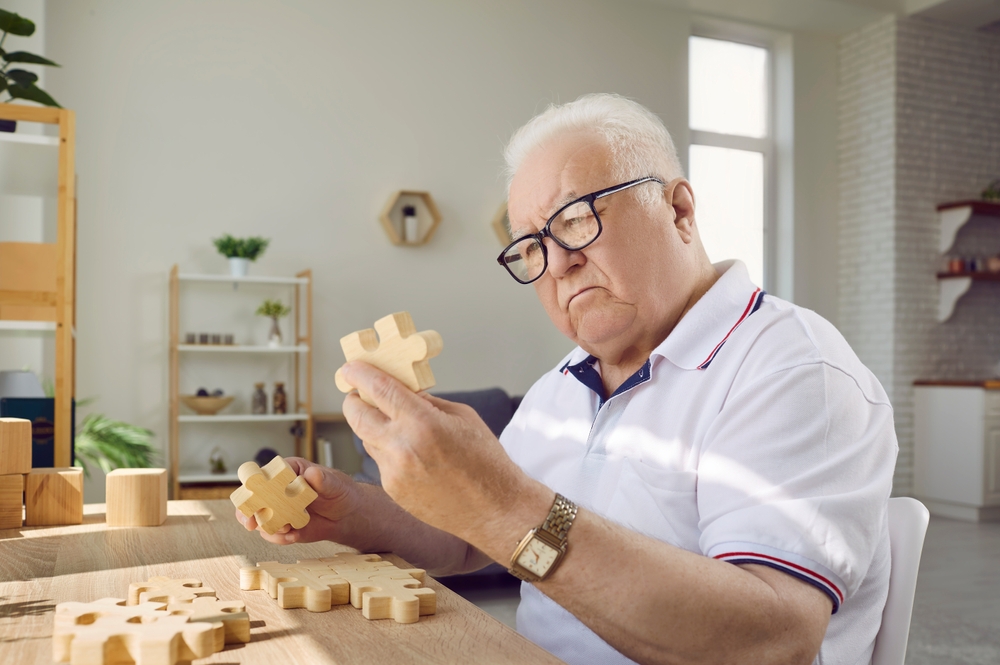One of the most heart-wrenching aspects of dementia is its impact on memory. As the condition progresses, cherished moments and familiar faces can begin to fade. This connection between dementia and memory loss is profound, but it’s important to know that memories are not always completely gone. There are effective strategies to preserve fading memories and maintain a strong connection with a loved one. By focusing on reminiscence, sensory engagement, and creating new moments, caregivers can help honor a person’s life story and support their emotional well-being, which is a cornerstone of quality dementia care. Visit the best Mental Health Clinic in Brooklyn at Doral Health & Wellness, or log on to www.doralhw.org.
Understanding Dementia and Memory
Dementia affects memory in complex ways. While short-term memory is often the first to decline, making it difficult to remember recent events, long-term memories from childhood or early adulthood can remain surprisingly intact for much longer. This is because different types of memories are stored in different parts of the brain.
The goal of memory-focused strategies is not to test or quiz the individual, which can cause frustration. Instead, the aim is to gently access the memories that still exist and create moments of joy and connection in the present.
Strategies to Preserve the Fading Memories
Incorporating these approaches into daily life can help stimulate recall, reduce anxiety, and reinforce a person’s sense of identity.
- Embrace Reminiscence Therapy
Reminiscence therapy involves using prompts to encourage individuals to talk about their past experiences. This powerful tool validates a person’s life story and can be a joyful activity for both the individual and their caregiver.
- Use Old Photographs: Look through photo albums together. Ask open-ended questions like, “Tell me about this day,” rather than “Do you remember who this is?”
- Listen to Familiar Music: Music has a remarkable ability to unlock memories. Create a playlist of songs from their youth or young adulthood. A favorite song can often trigger vivid recollections and positive emotions.
- Talk About Life Events: Discuss significant life milestones, such as their wedding day, the birth of their children, their first job, or their favorite family vacations.
- Engage the Senses
Sensory stimulation can be a powerful gateway to memory. Sights, sounds, smells, tastes, and textures can all trigger deeply buried recollections.
- Smell and Taste: Bake a familiar recipe, like a favorite type of cookie, or use a lotion with a scent they used to wear. The sense of smell is strongly linked to the brain’s memory center.
- Touch: Introduce different textures, such as a soft blanket, a smooth stone, or the feeling of kneading dough. Tactile activities can be calming and evocative.
- Create a Memory Box or Book
A memory box or scrapbook is a tangible collection of items that represent a person’s life. This can be a wonderful, ongoing project to work on together.
- Gather Meaningful Items: Collect objects like medals, old letters, postcards, jewelry, or tools from a past hobby.
- Label Everything: Write clear, simple labels for photos and items to provide context.
- Make it Accessible: Keep the memory box or book in a place where the person can easily look through it whenever they wish. This provides a comforting and independent activity.
- Maintain a Consistent Routine
While not a direct memory-triggering strategy, a predictable daily routine is crucial for individuals with dementia. It reduces anxiety and confusion, which frees up cognitive energy. When a person feels safe and secure, they are more likely to be able to access their memories and engage with others.
The Importance of Professional Support
While these strategies are invaluable for daily dementia care, navigating the complexities of memory loss often requires professional guidance. It’s important for caregivers to have a support system to help manage emotional and practical challenges.
A behavioral doctor or a neurologist can provide a comprehensive assessment and help develop a care plan that addresses the specific needs of the individual. They can also offer guidance on managing any related behavioral changes that may arise. For families seeking ongoing support, a mental health clinic in Brooklyn can be an excellent resource, offering access to caregiver support groups, counseling, and educational workshops. Consulting with a behavioral doctor ensures that your loved one is receiving the best possible care. A dedicated mental health clinic in Brooklyn can provide the tools and community you need on this journey.
While you cannot reverse the effects of dementia on memory, you can implement compassionate strategies to preserve and honor the rich tapestry of a person’s life. By focusing on connection rather than recall, you can continue to create meaningful moments and celebrate the memories that remain. For further inquiries, call us on +1-718-367-2555 to get a consultation. Or log on to www.doralw.org. Visit us at 1797 Pitkin Avenue, Brooklyn, NY 11212. If you need help, register your information and make direct contact with us at https://yuz88hfiyh7.typeform.com/Doralintake.






